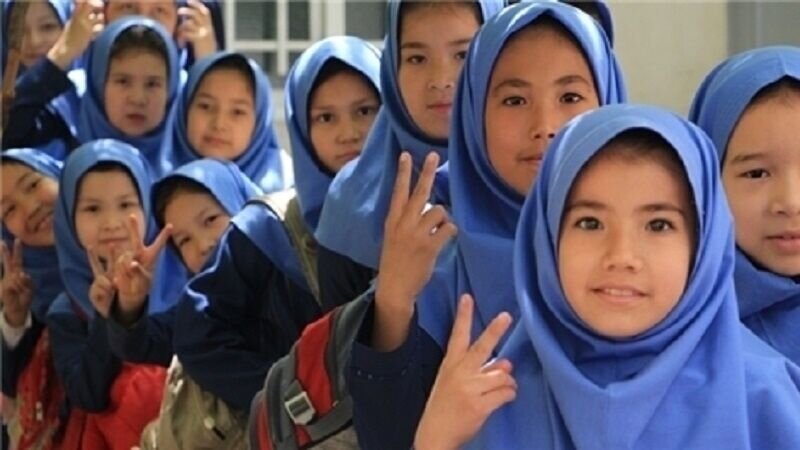Even ‘illegal migrants’ in Iran will get COVID-19 vaccine

TEHRAN – All foreign nationals residing in Iran, even those who are undocumented, will be included in the program for vaccination against the coronavirus, Health Ministry’s spokesman Kianoush Jahanpour has said.
“All over the world, as soon as illegal migrants are identified, they are detained and arrested. But, in Iran, we will inject the coronavirus vaccine even to them,” ILNA quoted Jahanpour as saying.
A majority of Afghan migrants residing in Iran are undocumented, he noted.
Iran is hosting about one million documented foreign nationals, and perhaps another one million are illegally living in the country, deputy minister of interior has said.
Some 700,000 foreign nationals illegally residing in Iran are expelled annually from the country, but many of whom return back for different reasons, IRIB quoted Javad Naserian as saying.
At the end of 2018, Iran hosted close to one million refugees, making it the sixth-largest refugee host country in the world.
Iran also was the eighth largest refugee-hosting country in the world in 2019, hosting 951,142 Afghan refugees and 28,268 Iraqi refugees, according to the United Nations High Commissioner for Refugees (UNHCR).
Undocumented Afghans have access to free primary health services and similarly free COVID-19 related testing, treatment, and hospitalization, just like nationals.
In August 2020, health ministry official Shahnam Arshi, said all foreign nationals infected with coronavirus receive medical treatment free of charge in Iran.
So far, at least 4 trillion rials (nearly $95 million at the official rate of 42,000 rials) have been spent only for the treatment of registered foreign nationals, he added.
No foreign national has been charged for coronavirus testing or treatment, he said, highlighting, this is a service that is not done for free in many countries but has been done in the last 6 months for the treatment of foreign nationals in Iran.
On February 10, Jahanpour said that vaccination of the whole population against the coronavirus will be completed in the next Iranian calendar year (March 2021-March 2022) and it is hoped that Iran will be one of the first countries in this regard.
It is said that the vaccination procedure takes three to seven years in most countries, but the [Iranian] health ministry plans to complete the vaccination of the whole population by the end of 2021 or the end of the next Iranian calendar year (March 2022), Jahanpour explained.
MG
